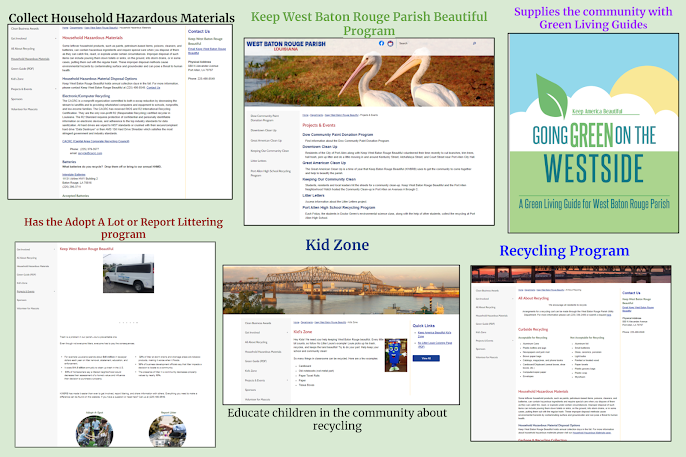CIRES Environmental Justice-EcoRise (Southeast Cohort LA, MS, GA, SC, FL)
Quality: Excellent
Technology: Survey 123, Drawdown, Jigsawplanet, Zoom-breakout rooms
Curriculum Used: Environmental Justice for Middle and High School, EcoRise
This is my first time attending CIRES Summer Institute. I saw the post for this on my friend's Twitter and decided to click. This professional development cost $250.00. They were currently giving scholarships to indigenous and people of color because they are underrepresented in STEM. I applied, interviewed, and received a scholarship. Attending this professional development was personal and not professional. I have never taken an environmental science class. I have exposure to the units that are in Biology. I was anxious because I teach physical science. Honestly, I have never seen a climate science or climate change education course. I was surprised they are offering these classes in high schools in other states. I think this is awesome. It gives students choices and the opportunity to take a science course that they are interested in. In turn, you have students that are engaged in the coursework.
Before the summer institute, we are assigned to cohorts by state. I was a member of the Southeast Cohort. It consists of the following states: Louisiana, Mississippi, Georgia, South Carolina, and Florida. On the second day of the institute, we attended our assigned cohorts. We had facilitators from Texas and New Orleans, La. They were representatives from EcoRise. All of the cohorts discussed the same topic and field experience. I love jamboard, but every professional development I attended this summer had a jamboard. I am burnt out on jamboards. I like the fact that we didn't use jamboard instead, I saw shared google slide presentations with cute post-it notes and padlet used differently in a majority of the professional developments. Love it! An alternate option for jamboards is Canva for Education, Google Slides, Microsoft PowerPoint, Dot Storming, Microsoft Whiteboard, Padlet, and many others. The objectives for this professional development was:
1. Define Environmental Justice
2. Explore Connections
3. Access and demo EcoRise resources
4. Plan for classroom implementation
We discussed environmental justice and then we dove into the vocabulary. I know front-loading vocabulary is frowned upon. I like that they used the jigsaw instructional strategy to review vocabulary. It was more than looking up words and writing definitions. We had productive conversations to understand the meaning of words. In this scenario, I think it was a smart move. To understand environmental justice students need to understand the meaning of these vocabulary words.
Next was the field experience. All of the cohorts were assigned the same field experience. The essential question was, "How does your community respond to climate change?". We had to go out in our communities and take pictures with our cellphones on how our community responded to climate change. We also had to collect three data points. Some pictures included were rain gardens, composting, recycling, and solar panels. While taking pictures we were asked to use Survey 123 to complete questions and generate data to be reviewed later on the last day of the institute. We tried logging on to Survey 123, were not successful. The server couldn't handle the traffic. They gave us 45 minutes to complete this. At the time, I couldn't go outside so, I had to be innovative (see my project below). We then returned and discussed our results as a group.
After completing the field experience, we looked at the middle school environmental justice curriculum. We assigned scenarios that are common in communities. For example, one of the scenarios is about a lot that is unkept in a neighborhood discussed in a city council meeting. We were broken into groups, assigned breakout rooms, and discussed our scenarios. Then discuss the scenarios as a class. Then we looked at the policymaker activity. We didn't complete this activity. It asked students to create a policy that addresses an environmental issue in their community. The professional development ended after this activity. We then reflected as a class and were dismissed.
I enjoyed this professional development. It was well planned, innovative (loved the field experience), shows student equity, and is culturally responsive. The activities planned for this professional development can be completed by anyone in the student population. I will most definitely attend this summer institute again.


.png)

Comments
Post a Comment